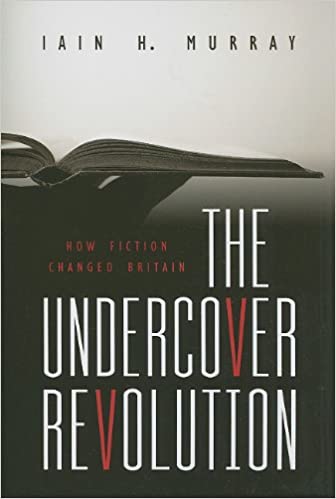Here is a fascinating study, centring on the lives and motivations of nineteenth-century novelists Robert Louis Stevenson and Thomas Hardy, Iain Murray traces a surprising degree of evangelical influence upon them – but an influence rejected. Thomas Hardy, it seems, even made an early profession of evangelical faith.
Three of the six chapters are general in scope. In these the author touches on other writers, such as H. G. Wells, George Bernard Shaw, Bertrand Russell and members of the Bloomsbury Group. His thesis is that such writers were the single most corrosive force at work in society against nineteenth-century Christianity – and that the extent of this subliminal influence has gone largely unrecognised.
The book is too short and limited in scope to really prove the point, and perhaps the book’s subtitle is overdone. But nevertheless one cannot help thinking it true.
This study will give helpful insight to students of English literature, especially as the final chapter explains how the Christian gospel is definitely not a work of fiction. Moreover, Mr Murray declares, ‘it is not my belief that the writing of fiction is wrong in itself.’
We are again indebted to this excellent author.







